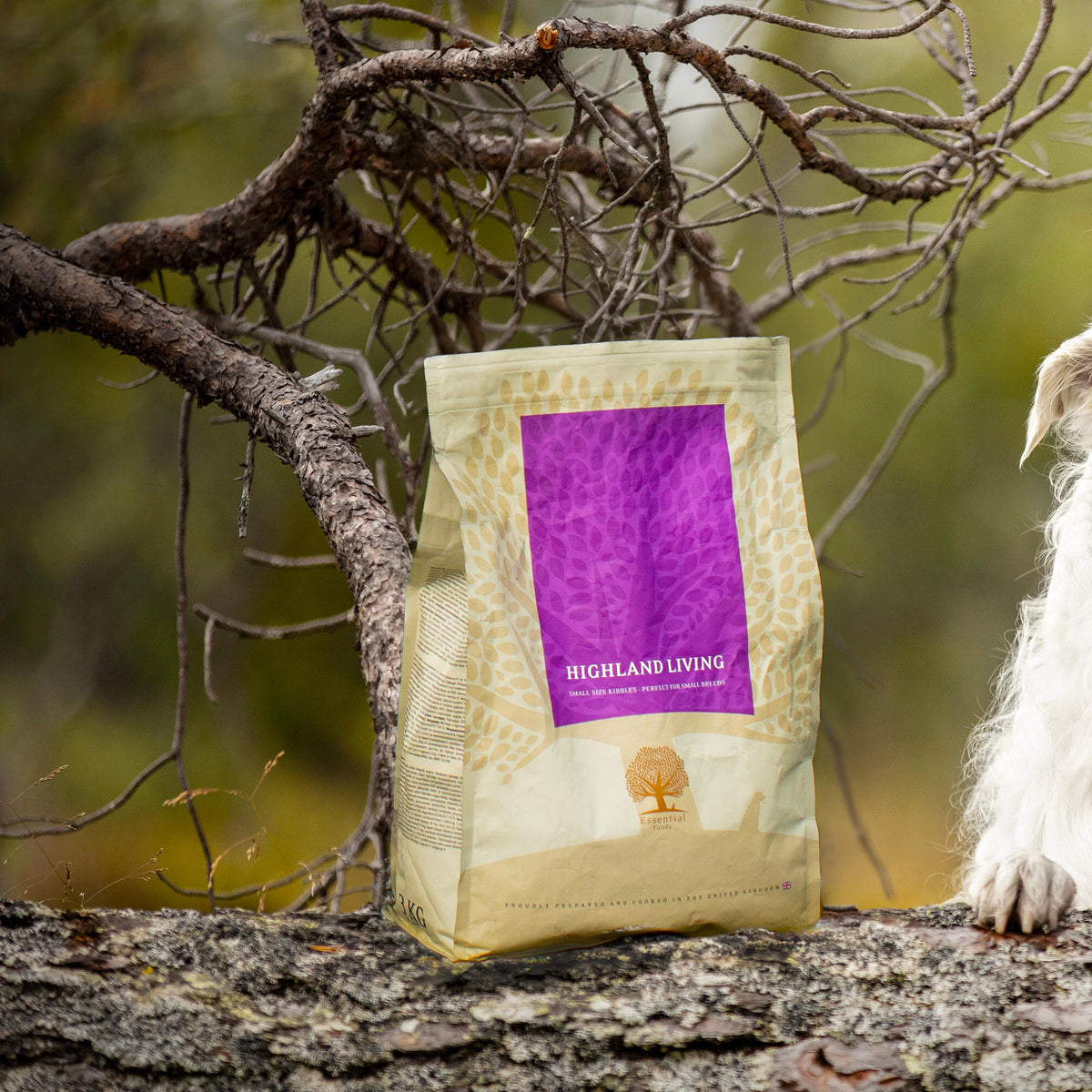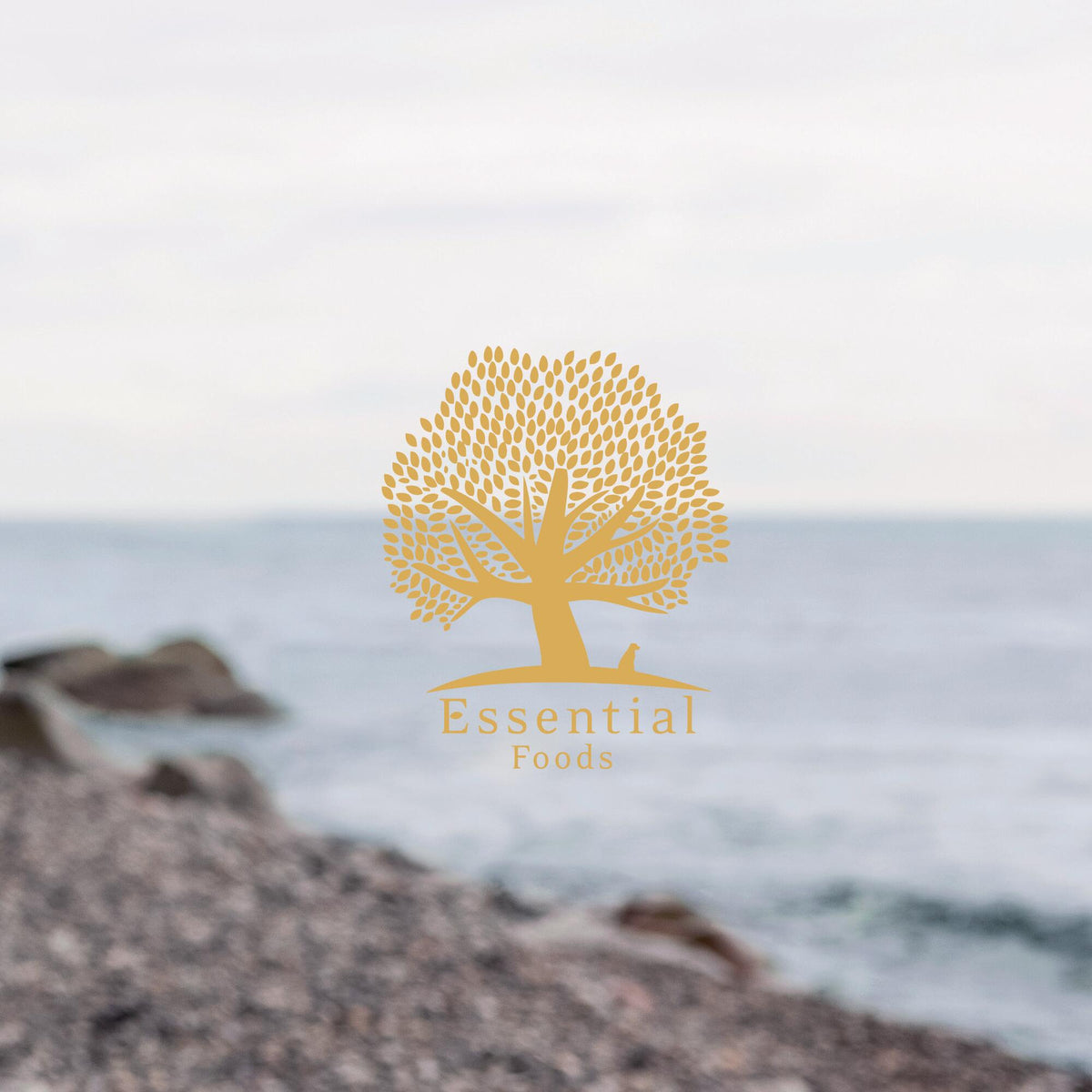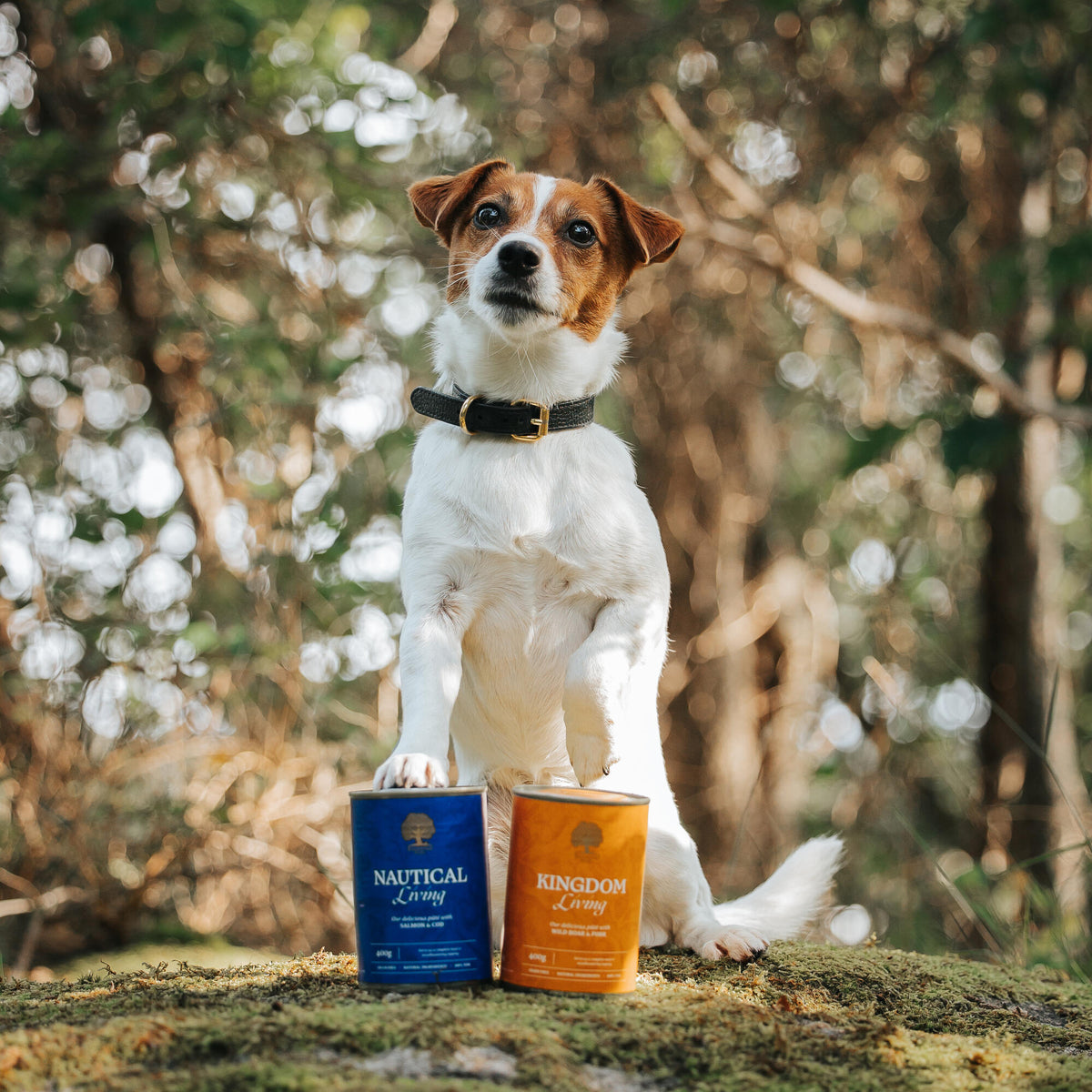Your Cart is Empty

When it comes to our beloved furry companions, their health and well-being are of utmost importance. As responsible pet owners, it's crucial to be aware of the foods that can be harmful to dogs. In this comprehensive guide, we'll explore the foods that should be avoided to keep our canine friends safe and healthy.
Dogs have different digestive systems compared to humans, making certain foods potentially harmful to them. It's essential to recognize these risks to prevent any adverse health effects on our canine companions.
Chocolate contains theobromine and caffeine, which are toxic to dogs. Even small amounts of chocolate can lead to symptoms such as vomiting, diarrhea, rapid breathing, and even seizures in severe cases. It's best to keep all chocolate products out of reach of dogs.
Grapes and raisins, although healthy for humans, can be toxic to dogs and may cause kidney failure. Even small quantities can lead to vomiting, diarrhea, and lethargy. It's important to avoid feeding grapes or raisins to dogs and to keep them away from these fruits.
Xylitol, a common sugar substitute found in many sugar-free products such as gum, candy, and peanut butter, can be highly toxic to dogs. Ingestion of xylitol can cause a rapid release of insulin, leading to hypoglycemia (low blood sugar), seizures, and liver failure.
Onions and garlic, whether raw, cooked, or powdered, contain compounds that can damage a dog's red blood cells, leading to anemia. Symptoms may include weakness, vomiting, and breathlessness. It's crucial to avoid feeding dogs any foods containing onions or garlic.
Alcohol consumption can have severe effects on dogs, including vomiting, diarrhea, difficulty breathing, tremors, coma, and even death. It's essential to keep all alcoholic beverages out of reach of dogs and to never intentionally give them alcohol.
Ensuring the safety and well-being of our canine companions starts with providing them with a balanced and nutritious diet. By avoiding foods that are harmful to dogs and opting for high-quality options like natural dog food, grain-free dog food, and dry dog food from brands like Essentials Dog Food, we can help keep our furry friends healthy and happy for years to come.


